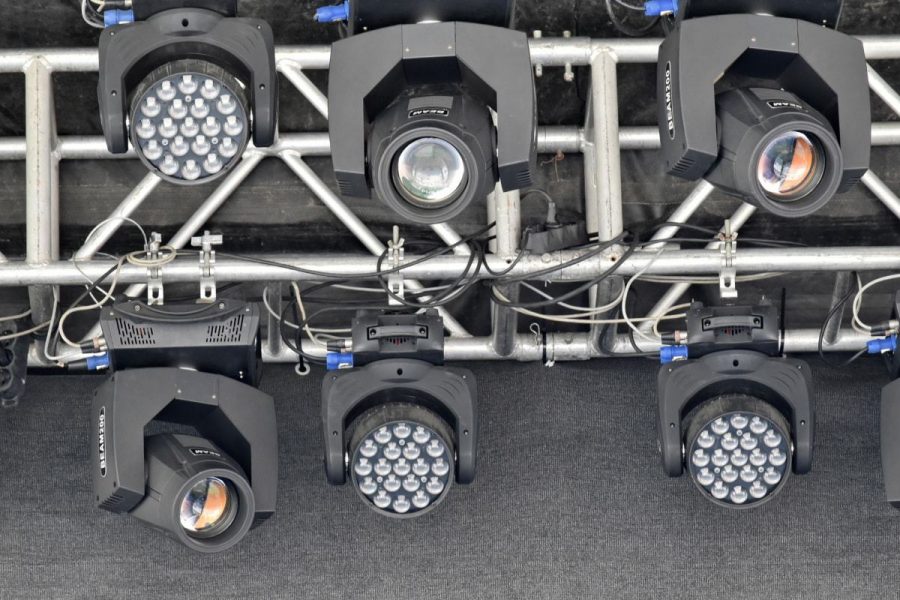Is the Entertainment Industry Bouncing Back?
As demand for movies increased during the COVID-19 pandemic, film-makers have begun producing films again.
As the world slowly reopens and defines a “new normal,” society is slowly adjusting to this new way of life from what we’ve all grown to know over the last year of the pandemic. Our day-to-day societal life wasn’t the only thing that was hit by COVID-19: the entertainment industry was hit hard too.
In March 2020, everything shut down. Movie theaters closed, concerts and sporting events cancelled, production halted.
In short, doctors weren’t the only ones working around the clock to try to prevent further disaster from occurring. Owners and CEOs were scrambling to find possible solutions to the restrictions on public gatherings.
Even big names struggled. AMC Theatres, one of the biggest movie theater chains in the world, barely escaped bankruptcy. So, what does that mean for smaller, less fortunate companies?
Or what about the music industry? Entire tours and festivals were called off, from Taylor Swift’s Lover Fest to the mighty Coachella. Even ceremonies from Eurovision and iHeartRadio were cancelled (despite later being replaced).
As for the impact on sports, Major League Baseball (MLB) had to push off their start date. The National Basketball Association (NBA) and National Hockey League (NHL) had to postpone their playoffs. The National Football League (NFL) had to hold their annual draft via video calls.
Whether the music, film, sports, or some other type of entertainment, the same big question remains: has the industry really rebounded?
Online streaming became the official boredom killer of the pandemic. In fact, the figure grew 44% from the last three months of 2020 than that of 2019, according to Conviva.
“Streaming TV shows, movies, and other types of video over the Internet to all manner of devices, once a fringe habit, is now squarely a mainstream practice. Even people still paying for cable or satellite service often also have Netflix or Hulu accounts.” said Walt Mossberg in a 2017 article for The Verge.
Today, things are a bit different. Using the knowledge we’ve acquired since the beginning of the global lockdown, we can build on the current models and even plan for the future.
Covid regulations have been kept in mind as movie theaters and sporting events are opening back up at about half capacity (or less).
As for the future, the million-dollar question is, where do we go from here? Obviously, these companies must have the confidence to continue on, even if what they’re doing is different or out of the box. The main concept at play is the “out with the old and in with the new.” The things in which we might not think twice about now were merely far-fetched ideas in the beginning.
Holding events over Zoom, enforcing mask and social distancing mandates, even one’s mentality can come into play. A fearful or overly cautious mindset may lead to consumers not being as willing to spend time in public. On the other hand, others might look for anything to do that will get them out of the house. Businesses will need to take all of this into consideration when reopening.
Overall, it’s safe to say that there was critical damage done to the entertainment industry over the past year. However, through the lessons learned since the beginning of the pandemic and through innovative practices, the industry has a bright future.

Senior Savanna Lippincott is a first-year staff reporter who decided to join the newspaper out of curiosity and her love for writing. She also enjoys soccer...


